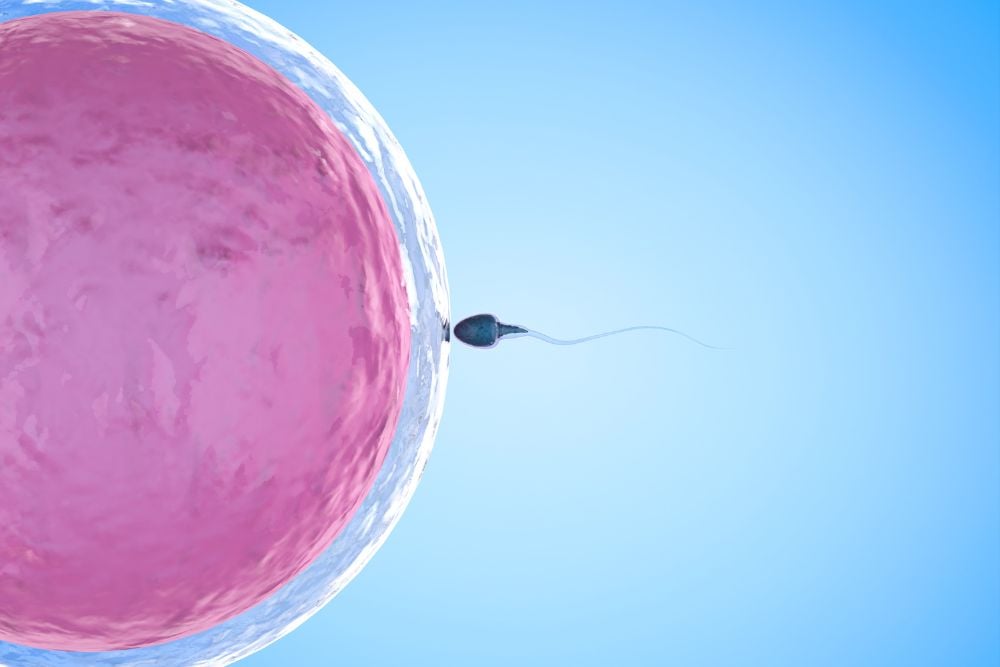How Important Is Sperm Quality During IVF Treatment?

When it comes to completing a successful IVF cycle, embryo quality and quantity are key. To create a healthy embryo, both the egg and the sperm must be of quality. Research indicates that advanced paternal age (40+) and/or poor lifestyle choices can negatively impact sperm health, and thus lead to a decreased number of viable embryos when used for IVF.
Low Sperm Count & Motility
Although studies show low sperm count and motility can result in lower rates of embryo development, IVF typically helps increase the chances of pregnancy in these instances. In-vitro, low sperm count and motility are less of an issue, since the sperm has a greater chance of reaching and fertilizing the egg in a petri-dish, as opposed to the female reproductive tract, which presents bigger obstacles for sperm. However, for optimal IVF success, normal sperm count and motility are preferred.
Sperm Morphology & DNA Fragmentation
Sperm morphology, which refers to the shape, size, and structure of the sperm, can also have an impact on male fertility / IVF success. According to research sperm with morphological abnormalities has a decreased ability to break past the outer layers of the egg during fertilization.
If you are undergoing IVF, and your sperm was found to have morphological issues, the lab can conduct a semen analysis and select sperm that have the highest chances of success. However, lower-quality sperm may lead to the creation of fewer viable embryos, and thus a reduced chance of pregnancy.
Studies have also found a correlation between abnormal sperm morphology and sperm DNA fragmentation, which refers to damaged genetic material inside a sperm. DNA carries instructions to form an embryo properly, therefore if disrupted, the embryo may fail to develop or implant, resulting in miscarriage, or genetic abnormalities within the offspring, even for those undergoing IVF.
Improving Sperm Health
While aging does affect sperm count, motility, morphology, and DNA fragmentation, sperm regenerates, and studies suggest lifestyle changes can improve sperm health. Some of the best ways to promote sperm health include:
- Having a healthy, nutrient-rich diet
- Regular exercise
- Refraining /quitting smoking
- Reducing alcohol consumption
To increase the chances of a successful cycle, you may want to consider implementing some of these changes before beginning IVF. If you would like to learn more about your sperm health, schedule a consultation with Male Fertility & Sexual Medicine Specialists in San Diego, CA today.






